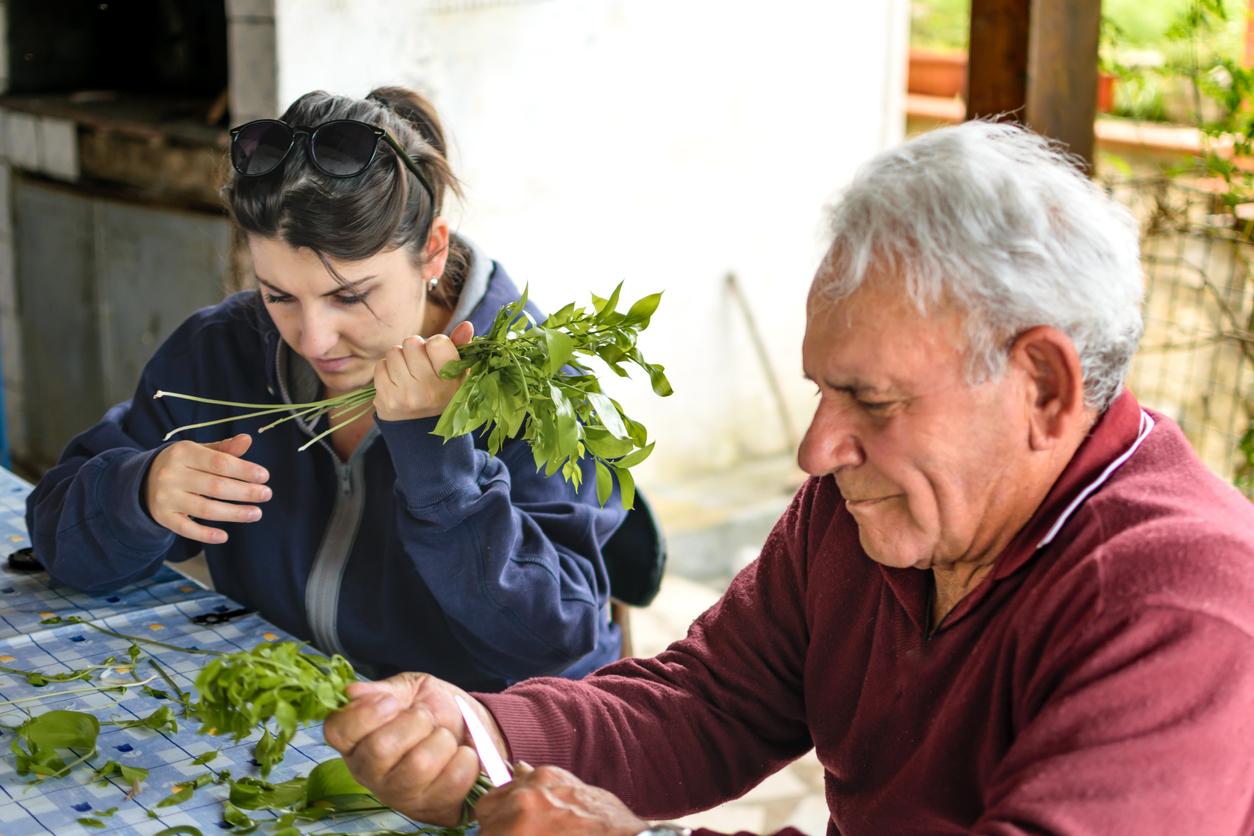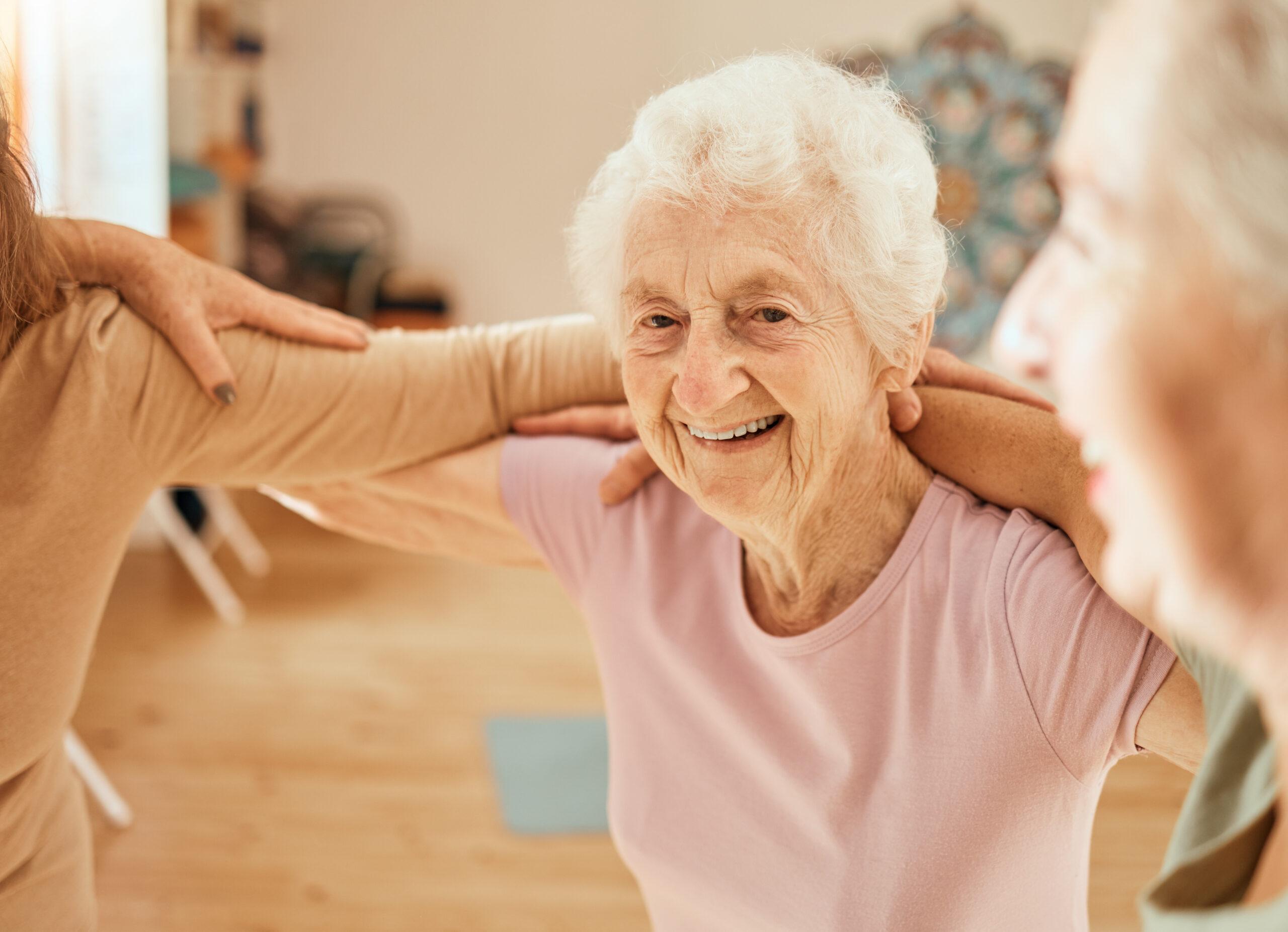Volunteer to improve brain health
National Volunteer Week (20-26 May) provides an opportunity to highlight the important role of volunteers in our community and invites people not currently volunteering to give it a go.

Volunteering increases social engagement, physical and cognitive (thinking) activity and therefore can help to improve brain health and reduce dementia risk.
Research studies have found volunteering is associated with a wide range of benefits for seniors including reduced depression, improved sense of healthfulness and improved ability to do everyday activities. A research study conducted between 2010 and 2014 in Sweden found seniors who continuously volunteered reported a decrease in their cognitive complaints and were less likely to need anti-dementia treatments compared with those who did not volunteer, or only volunteered occasionally.
Social engagement, physical and cognitive activity are also beneficial for people with dementia – so volunteering can also support those diagnosed with dementia to live well.
Volunteering in Australia
There has been a long-term, gradual decline in volunteering in Australia, and this dropped further during the pandemic.
The AIHW estimated in 2020 around 25% of people aged 55 – 69, and 28% of people aged 70 or over, were engaged as volunteers. Most people formally volunteer for one or more organisations, but many also provide informal support or care to non-family members, such as providing transport or childcare for a neighbour or friend.
In a recent report on Older Australians and Volunteering published by National Seniors Australia, common reasons people volunteered included:
- Wanting to make a difference, to contribute and help people
- Opportunity to stay active and socially engaged
- Feeling a sense of achievement/satisfaction/reward.
Volunteering to stay socially active
We know that keeping social active helps to boost your mood and your brain health. In a study analysing social connections and cognition, an article published by the Lancet Health Longevity found weekly community group engagement, weekly interaction with family and friends, living with others and not feeling lonely are associated with slower cognitive decline.
Many seniors volunteer their time in activities which provide the added bonus of social interaction such as:
- Mentoring and tutoring at local libraries, schools, churches and community colleges helping students with their studies, to learn to read, or even practise a new language.
- Supporting local community organisations, such as food banks, op shops, homeless shelters, or senior centres. This type of volunteering may include working in a shop, preparing or distributing meals, or providing companionship to those in need.
- Volunteering at museums, theatres, or art galleries, includes work as a tour guide, assisting with exhibitions, or participating in educational programs.
Dementia advocate, Bobby Redman describes how keeping socially engaged and volunteering has helped her to live well with dementia:
I began to recognise the importance of social engagement and other meaningful interaction. I continued volunteering with Rotary and the Australian Red Cross and became a Dementia Advocate with Dementia Australia. I now speak publicly about dementia, spreading awareness and knowledge, and give support to those struggling with the condition.
I regularly participate in dementia research via Step Up For Dementia Research. Also, I’ve worked with others in my local area to establish a Dementia Alliance, as part of becoming a Dementia Friendly Community. We work together to support people living with dementia to continue engaging in the activities that are important to them.
Bobby Redman, Dementia Advocate
Volunteering to keep physically active
People who exercise regularly are less likely to experience heart disease, stroke, high blood pressure, type 2 diabetes and obesity, all of which are risk factors for dementia. Research studies show that physical activity in early, mid and later life is associated with a lower risk of cognitive decline and dementia.
Examples of volunteering that will help to keep you physically active include:
- Support a local sport or recreational club
- Work at a local garden or join your local bush-care or land-care group
- Support a local animal or wildlife rehabilitation centre by helping care for animals, dog-walking or fundraising.
Read dementia advocate, Bill Yeates’s story about Keeping active and social while raising funds and awareness on the Forward with Dementia website.
Where to find out about volunteering
Many organisations actively seek out senior volunteers for their experience, wisdom, and dedication to making a positive impact in their communities. Start by asking at your local council or visit the Volunteering Australia website.


